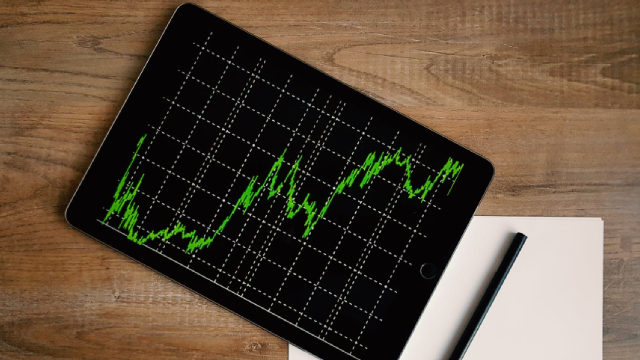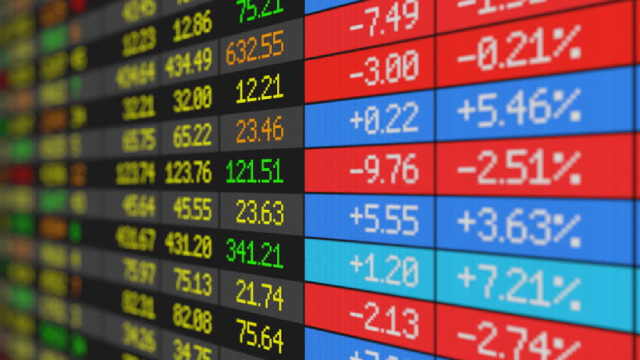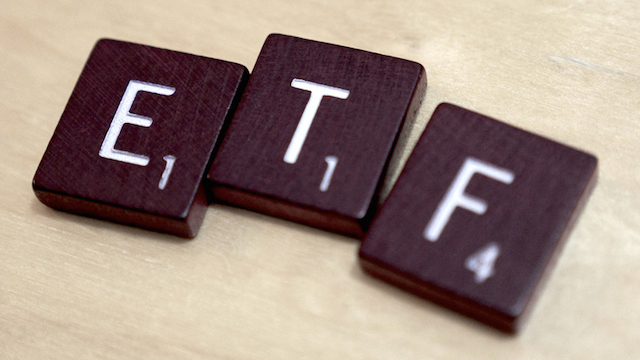TBT Stock Recent News
TBT LATEST HEADLINES
TBT offers -2x daily inverse exposure to long-term Treasuries, ideal for tactical bets on rising yields in the 20–30-year segment. Current macro signals—steep 10-20-30 curve, high NSS asymptote, and a non-alert BMSA—support a tactical long position in TBT. This ETF is best suited for disciplined, short-term trades, not buy-and-hold, due to daily resets and leverage risks.
TBT offers -2x daily performance of 20+ Year Treasury Bonds, but is highly risky and unsuitable for long-term holding due to value decay. Leveraged inverse ETFs like TBT can experience significant compounding effects and performance drift if held beyond a single day, amplifying potential losses. Macroeconomic factors and likely Fed rate cuts in September 2025 could drive long-term Treasury yields lower, making TBT vulnerable to further declines.
Stanley Druckenmiller's bet against America's debt is no ordinary trade.
The U.S. 30-year Treasury bond market remains in a bearish trend, with critical support at the October 2023 low and risks of a further breakdown. Jamie Dimon and bond market vigilantes warn of a potential 'crack' in the bond market, driven by high U.S. debt, policy uncertainty, and rising rates. Moody's recent downgrade and persistent fiscal concerns reinforce the bearish case, but surprises or shocks could trigger a bond market rally.
Investors are increasingly betting on higher long-term U.S. Treasury yields, due to growing concerns over the nation's rising debt and widening fiscal deficits.
ProShares UltraShort 20+ Year Treasury ETF, a 2x leveraged inverse 20-year treasury ETF, is currently a poor choice due to sideways market movement and declining long-term interest rates. TLT and IEF are better options now, offering lower expense ratios, higher volume, and dividends, making them suitable for the current economic climate. Market uncertainty and potential recession favor long-duration bond ETFs like TLT and IEF over inverse funds like TBT.
The strategy uses signals to go long and short on bonds via TMF and TBT. By comparing the 30-day performance of SPY and DJP, the strategy determines positions in TBT or TMF based on inflation and asset price trends. The strategy shows positive alpha, negative beta to SPY, and outperforms TLT and SPY in average performance and Sharpe ratio, with lower drawdowns.
Inverse bond exposure is attractive short to medium term due to inflationary pressures from Trump's economic policies, despite my generally bullish stance on equities. December inflation data shows a 2.9% CPI increase, above the Fed's 2% target, suggesting the potential for continued inflation and higher interest rates. Tariffs and tax cuts under Trump's administration are expected to drive inflation through increased consumer prices and disposable income, outweighing potential labor supply shocks.
The spike in yields has led to a surge in ETFs that bet against U.S. Treasury bonds.
The Fed's shift to a more accommodative monetary policy may not guarantee a bond market rally due to high U.S. debt and declining foreign demand. The U.S. dollar's faltering reserve currency status and political division further erode confidence in U.S. government bonds, increasing borrowing costs. ProShares UltraShort 20+ Year Treasury ETF offers a leveraged bearish bet on bonds, benefiting from potential declines in long-term U.S. Treasury bonds.







